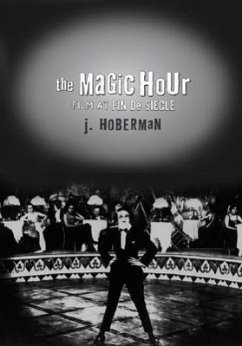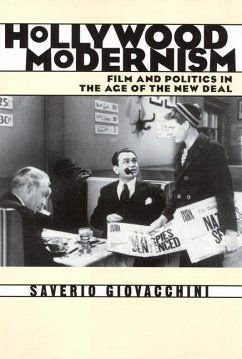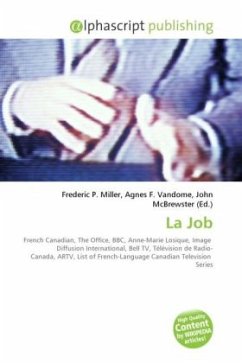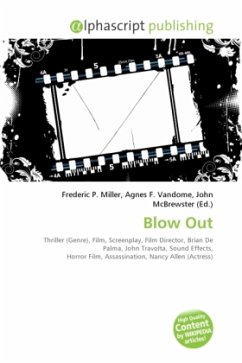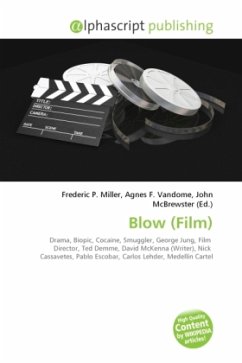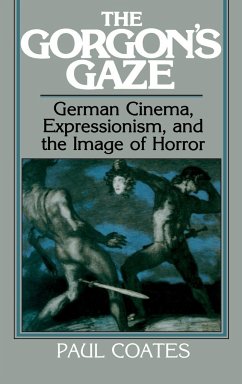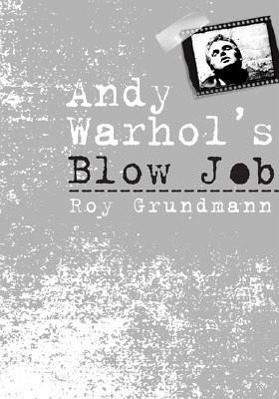
Andy Warhol's Blow Job
Versandkostenfrei!
Versandfertig in über 4 Wochen
69,99 €
inkl. MwSt.
Weitere Ausgaben:

PAYBACK Punkte
35 °P sammeln!
In this ground-breaking and provocative book, Roy Grundmann contends that Andy Warhol's notorious 1964 underground film, Blow Job, serves as rich allegory as well as suggestive metaphor for post-war American society's relation to homosexuality. Arguing that Blow Job epitomizes the highly complex position of gay invisibility and visibility, Grundmann uses the film to explore the mechanisms that constructed pre-Stonewall white gay male identity in popular culture, high art, science, and ethnography.Grundmann draws on discourses of art history, film theory, queer studies, and cultural studies to ...
In this ground-breaking and provocative book, Roy Grundmann contends that Andy Warhol's notorious 1964 underground film, Blow Job, serves as rich allegory as well as suggestive metaphor for post-war American society's relation to homosexuality. Arguing that Blow Job epitomizes the highly complex position of gay invisibility and visibility, Grundmann uses the film to explore the mechanisms that constructed pre-Stonewall white gay male identity in popular culture, high art, science, and ethnography.Grundmann draws on discourses of art history, film theory, queer studies, and cultural studies to situate Warhol's work at the nexus of Pop art, portrait painting, avant-garde film, and mainstream cinema. His close textual analysis of the film probes into its ambiguities and the ways in which viewers respond to what is and what is not on screen. Presenting rarely reproduced Warhol art and previously unpublished Ed Wallowitch photographs along with now iconic publicity shots of James Dean, Grundmann establishes Blow Job as a consummate example of Warhol's highly insightful engagement with a broad range of representational codes of gender and sexuality.



